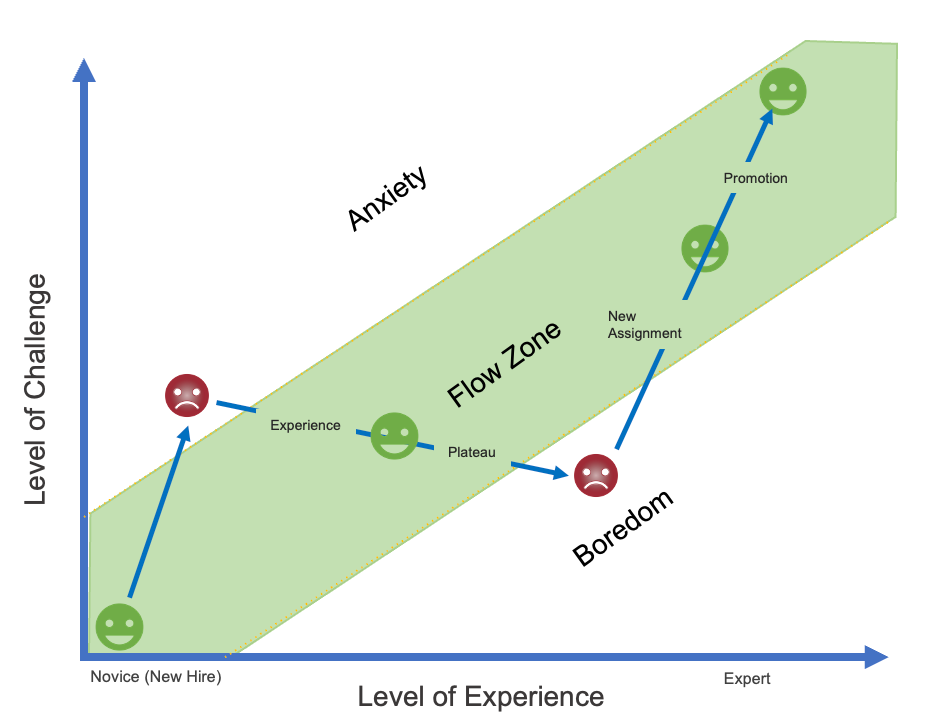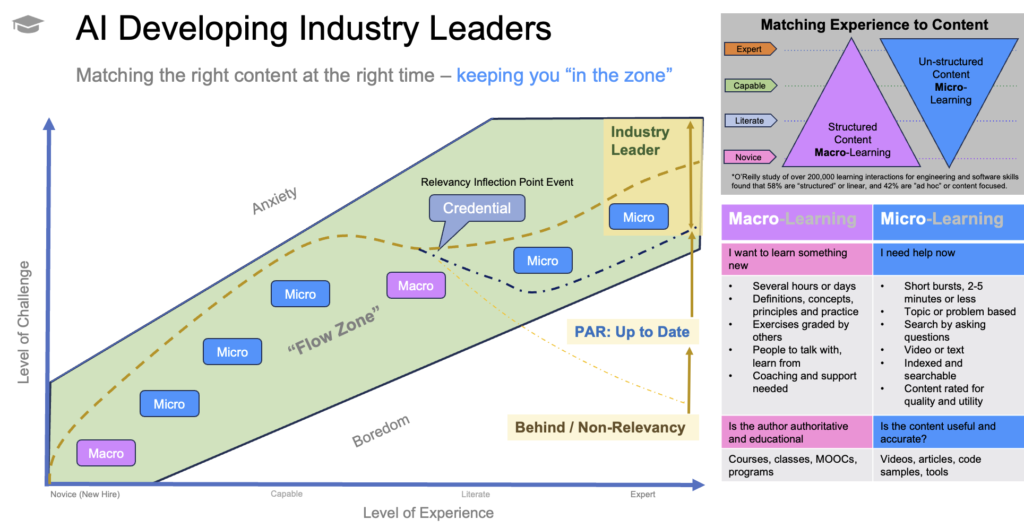It started with a piano—and a piece of software that changed everything.

Andrew Chey couldn’t believe his eyes when his twelve-year-old daughter, Sarah, who usually squirmed through her daily practice, sat spellbound at the keyboard for three solid hours. The catalyst? A new piano practice app that seemed to read her mind, serving up pieces that kept her perfectly balanced between boredom and frustration (Chen, 2022).
“I’d never seen anything like it,” Chey says, shaking his head. “My fidgety kid was completely lost in the music.”
Sarah had stumbled into what psychologist Mihaly Csikszentmihalyi, the father of flow theory, described as a state of full immersion—where effort meets ease, and time dissolves. Athletes call it the zone, musicians feel one with their instrument. As Steven Kotler’s research on extreme sports athletes demonstrates, it’s that elusive space where challenge meets skill, leading to peak performance and deep satisfaction (Kotler, 2014; Marin & Bhattacharya, 2013).
But Sarah’s path to flow came through an unexpected source: software engineered to spark these peak experiences. She is part of a growing wave of people discovering flow through digital means (Johnston, 2021). In Seattle, tech companies analyze programmers’ keystrokes and pauses to understand what brings on coding flow states. In Copenhagen, a cutting-edge design studio leverages AI-driven software to handle technical busywork, allowing artists to stay in their creative groove (Barr & Maclachlan, 2019).
Yet some argue that flow should be a purely human pursuit—that outsourcing its triggers to software dilutes its value. Is technology merely a shortcut, or could it be a bridge to deeper mastery?
Back in Cleveland, Chey sees something promising in his daughter’s experience. The flow states Sarah cultivates through her piano app seem to spill over into other activities (Shao, 2024). “It’s like she’s learning the feel of flow itself,” he observes. “The software isn’t just teaching her music—it’s teaching her how to find that sweet spot in everything she does.”
This aligns with a well-documented principle: flow emerges in the delicate balance between challenge and experience. Too much challenge breeds anxiety; too little leads to boredom. The ideal “flow zone” lies between these extremes, where engagement is high, and growth is continuous.

As technology reshapes our world, the question is no longer whether to resist it, but how to harness it to deepen—not diminish—our humanity. Enter Agentic AI: not just a tool, but a guide at your side. Unlike static learning systems, Agentic AI dynamically assesses where an individual falls on the challenge-experience spectrum, adapting in real time to deliver a bespoke, deeply personalized experience.
Emerging research underscores the performance benefits of balancing macro-learning (broad, structured knowledge acquisition) with micro-learning (targeted, just-in-time insights). AI-driven learning innovations can optimize this balance by dynamically adjusting content based on a learner’s experience, skill level, and real-time engagement. The result? Learners stay in the zone—those falling behind catch up efficiently, while those on track accelerate to become industry leaders.

The result? With a tool like Mentor126 Agentic AI, learning and performance that is Just in Time | Just Enough | Just for Me—is accelerating mastery, not replacing it.
References
Barr, C., & Maclachlan, M. (2019). The relationship between the choice of sketching tool and student designers’ flow. E&PDE Proceedings, 92, 1-6. https://doi.org/10.35199/epde2019.92
Chen, A. (2022). Musical interpretative practices as a way to improve the relationship between the flow theory and musical performance. Psychology of Music, 51(2), 415-432. https://doi.org/10.1177/03057356221135667
Johnston, K. (2021). Engagement and immersion in digital play: Supporting young children’s digital wellbeing. International Journal of Environmental Research and Public Health, 18(19), 10179. https://doi.org/10.3390/ijerph181910179
Kotler, S. (2014). The rise of superman: Decoding the science of ultimate human performance. New Harvest.
Marin, M. M., & Bhattacharya, J. (2013). Getting into the musical zone: Trait emotional intelligence and amount of practice predict flow in pianists. Frontiers in Psychology, 4, 853. https://doi.org/10.3389/fpsyg.2013.00853
Shao, L. (2024). The impact of digital technology use on adolescents’ subjective well-being: The serial mediating role of flow and learning engagement. Medicine, 103(7), e40123. https://doi.org/10.1097/md.0000000000040123
Bersin, Josh (2024) The $340 Billion Corporate Learning Industry Is Poised For Disruption https://joshbersin.com/2024/03/the-340-billion-corporate-learning-industry-is-poised-for-disruption/
